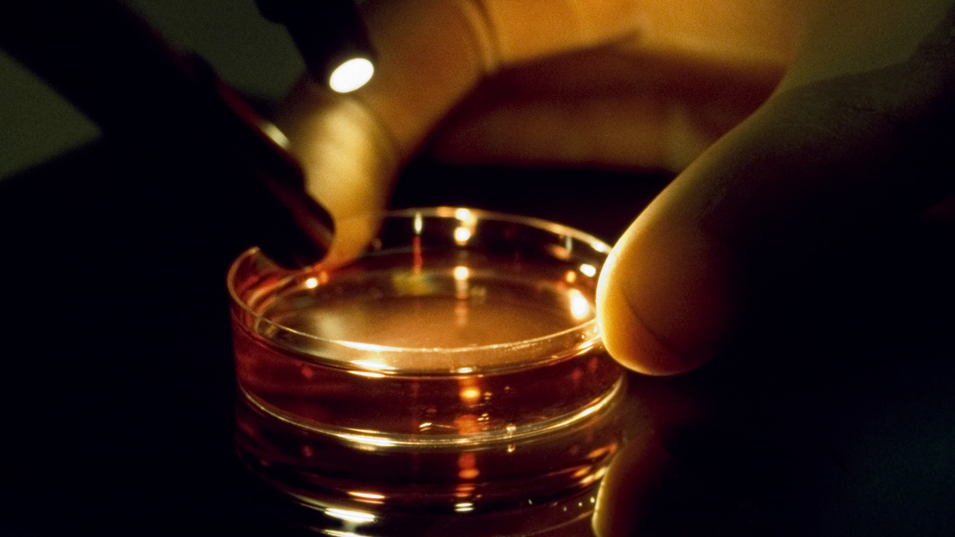
A team of researchers in the SyMBIOTA (Synergy of Microbiota) program led by Anita Kozyrskyj has been honoured with the Bruce Squires Award from the Canadian Medical Association Journal (CMAJ) for their investigation on how infants' gut microbiome-the bacteria living in their intestines-is affected by interventions, such as cesarean section delivery.
In addition to Kozyrskyj, professor in the Department of Pediatrics, the team includes Megan Azad, a former postdoctoral fellow in Kozyrskyj's lab; Radha Chari, chair of the Department of Obstetrics and Gynecology; Catherine Field, professor in the Faculty of Agriculture, Life and Environmental Sciences with an adjunct position in the Faculty of Medicine & Dentistry; and partners from the Dalla Lana School of Public Health, the Centre for the Analysis of Genome Evolution and Function, McMaster University, the University of Manitoba and the Manitoba Institute of Child Health.
The team won the award for their article "Gut microbiota of health Canadian infants: profiles by mode of delivery and infant diet at 4 months," which examined the bacterial make up of fecal samples in healthy four-month-old infants in the Canadian Healthy Infant Longitudinal Development (CHILD) cohort. The Edmonton site of the CHILD cohort is led by Piush Mandhane, associate professor, Department of Pediatrics. Results showed that, regardless of whether they were breastfed or formula fed, babies born by caesarean section lacked a specific group of bacteria that were present in babies who were born vaginally. It was one of the most cited articles of 2014 and boasted significant downloads.
Their next paper in a larger number of infants will soon be published. It reports on the gut bacterial composition of infants at risk for developing food allergy.
Learn more with the CMAJ news release.